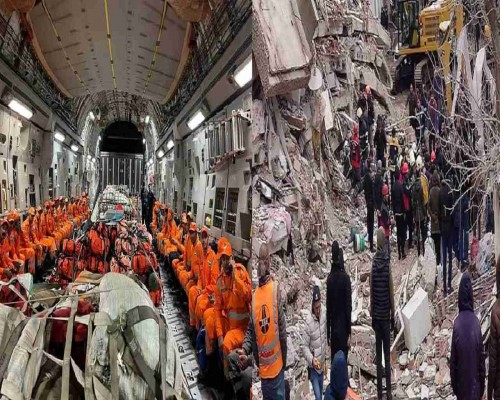Corporations Claim It's Jobs vs. Nature – But U.S. Workers Have Fought to Protect Both

For years, corporations have pushed the idea that protecting jobs and preserving nature are two conflicting goals. However, history tells a different story—one where American workers played a crucial role in environmental activism, fighting to safeguard both their livelihoods and the environment.
Chad Montrie, a history professor at the University of Massachusetts, Lowell, sheds light on this forgotten connection in his research. He explains how, in the early 19th and 20th centuries, industrial workers, particularly those in textile mills, saw firsthand how corporate greed led to environmental destruction. Towns like Lowell, Massachusetts, were built around mills that diverted rivers for energy, flooding farmlands and disrupting ecosystems. Workers suffered the consequences—breathing in polluted air and drinking contaminated water. Over time, they realized that protecting nature was directly linked to their own survival.
How Workers Became Environmentalists
Montrie argues that workers didn't just passively endure these conditions; they actively fought back. Coal miners in Appalachia, for example, experienced firsthand how reckless mining practices destroyed their communities—wreaking havoc on employment, polluting water sources, and damaging local ecosystems. In response, they organized protests, blocked coal haul trucks, and even sabotaged mining operations to demand better conditions.
Similarly, farmworkers who suffered from chemical exposure took action by forming unions like the United Farm Workers. These groups pushed for stronger environmental protections and safer working conditions, making it clear that corporate profits should not come at the expense of workers' health and the planet.
Lessons for Today
The idea that protecting jobs means sacrificing the environment is a narrative that benefits corporations, not workers. As Montrie highlights, history has shown that the strongest environmental movements have often been led by workers who understood that their well-being depended on clean air, water, and land.
With growing concerns about climate change and industrial pollution, this historical perspective is more relevant than ever. It reminds us that economic progress and environmental responsibility are not mutually exclusive—when workers stand together, they can demand a future where both people and nature thrive.























